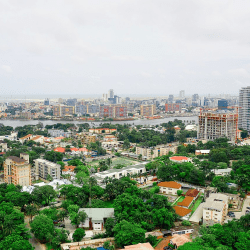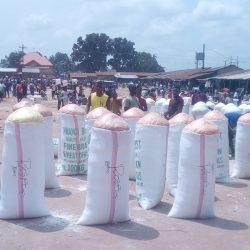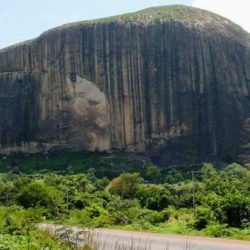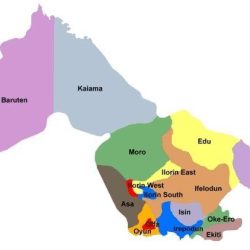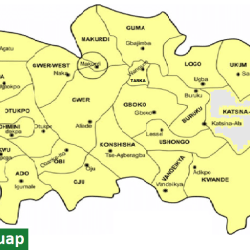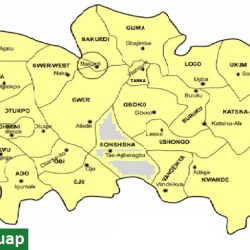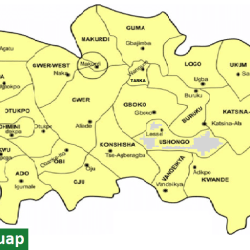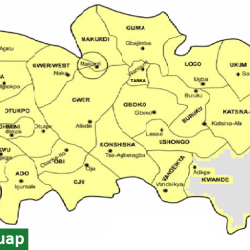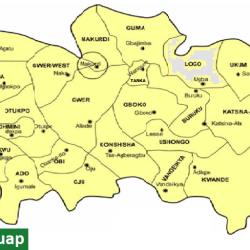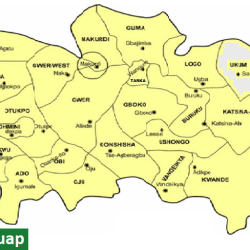Lagos State has numerous markets, namely:
BADAGRY
Agbalata Market
Ilogbo Market
Iworo Ajido Market
Berekete Night
Aholutaji
Kogbome
Ikoga
Apa
Ajara Retail
Ibereko
SOMOLU
Alade Market
Alarape
Olaleye
Adebayo
Rufai Mafowoku
Irepodun Plank
Asogbon
Fafunke
Adaranijo
Bakare Bello
Binukonu
Oja Oba
Kosofe
Ajelogo
Akanimodo
Owode Onirin
Oja Oba
Family Support
Marojuowo
OJO
Alaba International
Alaworo Market
Olubuade
Temidire
Ajangbadi
Kuje Amuwo
Akorede
Ijegun Egba
Kirikiri Market
Agboju
Ijanikin Market
International Market
Igbeyin-a-dun
Old Alayabiagba
New Alayabiagba
Baale Layeni
Ibafon Ibafon Coconut, Apapa
Awodi Ora Retail Market
Idi Ose
IKORODU
Ita Ajina
Obu Ale (Night Market)
Ayangburen
Olrunda
Ota Ona (Evening)
Isiu
Kee Clamp
Night Market
Obu Oke
Owode
Ijede
Obada
Kaniyi Owode
Ibese
Oreta
Owutu
Iworo
EPE
Ita Agbowa Market
Ayetoro Market
Oluwo
Ita Opo
Araromi
Papa
Igbonla
Mojoda Odo
Mowowale
Pobo
Family Support Market
Ikoikin
Igbodudu/Sala/Molayole
IBEJU LEKKI
Orimedu Modern Market
Ibeju Modern Market
Eleko Modern Market
Akodo Modern Market
Ebute-Lekki
Itamarun
Bogije
Olorunsogo Modern Market
Arapagi Modern Market
Ebute Fish Market
LAGOS ISLAND
Ita-Faji Market
Sandgrouse Market I
Sandgrouse Market II
Oju Olobun
Obada
Balogun
Ojo Oba
Pelewura Market
Pelewura Annex
Ereko Market
Jankara Market
Ori Eeru
Ebute Ero
Gorodomu
Oke Arin
Ebute- Elefun
K.Clamp
Alakoro
Oko-Awo
Sura
Anikantamo
SURULERE
Gbaja Market
New Idi-Araba
Ojuelegba Plank
Odo Asimowu
Model Market
Aguda Model
Anjorin Abayomi
Mufutau Adegbite
Orisunbare
Araromi Ifelodun
Plank Market
Plank Market
Coker Market
Irepodun Plank Market
Animashaun Market
Egbejoda
Temidire Market
Akorede Market
Iron Market
LAGOS MAINLAND
Ido Market
Alah Megrima
Oriyanrin
Temidire
Oyingbo Main Market
Owoduni
Obada
Ademuyiwa
Alaba Badiya
Ajelero
Sari Akinola
Tego
Omowunmi Mkt.
Ijero Market
Olaleye Market
Iponri Shopping Complex
Oja Ale (Night Market)
AGEGE
Agege Main Market
Idi Mangoro
Oko Oba
Iju Motor Park
Temidire
Oja Oba
Agunbiade Corner Shops
Alagba Corner Shops
Pen Cinema Shops
Ijaiye Ojokoro
Araromi
Ajegunle
Ala Gatankowa
Odo Eran
Jankara
Ojokoro(Proposed)
Oke-Odo
Owode Onirin II
ALIMOSHO
Owode
Orisunmbare
Apex
Irepodun
Oladega
Olugbede
Ifelodun Plank-Market
Abesan Retail Market
Igando
Ayobo
Egbeda Night Market
Akinogun Shopping Complex
Abesan Retail Market
Igando Iron Market
Family Support Market
IKEJA
Alade Market
Muritala Muhammed Airport Road
Kuyasin Awuse Onigbongbo
Asade Retail Market
Ogba Retail Market
Alausa Mini Market
Ojodu Retail Market
Onipetesi Market
Ipodo Market
Oregun Corner Shops
Isheri Night Market
Oregun
OSHODI / ISOLO
Kayero
Mosafejo
Olorunshogo Railway Line
Afilajo
Folaranmi
Meat Market
Express
Farombi (Aswani)
Oja Oba
Ire Akari
Ilasa Market
Idera
Oshodi Shopping Centre
Ejigbo Plank Market
Ejigbo Mini-Market
Family Support Market
Isolo Retail Market
Obada
MUSHIN
Mushin Main Market
Alasalatu
Adeolu
Daleko
Papa Ajao
Makinde Idi-Oro
Alamutu Idi-Oro
Oduduwa Corner Shops
Ladipo
Sasore Corner Shops
Kajola Corner Shops
Amu Plank Market
Solanke Plank Market
Idi-Oro Plank Market
Itire Plank Market
Ladipo Model Market
Kajola
Coker Corner Shop
Araromi Market
Fagbile Market
Ojuwoye Market
Owodunni
Mosafejo
ETI-OSA
Ebute Market
Aja Market
Ilasan Market
Anjonrin Market I
Ado
Anjonrin II
Olwole
Federal Secretariat
Ije Market
Falomo Shopping Complex
Lagos
Lagos is the commercial capital of Nigeria and the most populated city in the country and Africa.

It was the administrative capital of Nigeria until December 1991 following the government’s decision to move the capital to Abuja in the centre of the country.

Lagos is a major African financial centre and is an economic hub.

The city has been described as the cultural, financial, and entertainment capital of Africa, and is a significant influence on commerce, entertainment, technology, education, politics, tourism, art, and fashion.

Lagos is also among the top ten of the world’s fastest-growing cities and urban areas.

The megacity has the fourth-highest GDP in Africa and houses one of the largest and busiest seaports on the continent.
The Lagos metropolitan area is a major educational and cultural centre in Sub Saharan Africa.

Lagos emerged as a home to the Awori tribe of the Yoruba of West Africa islands, which are contained in the present day Local Government Areas (LGAs) of Lagos Island, Eti-Osa, Amuwo-Odofin and Apapa.

Due to rapid urbanisation, the city expanded to the west of the lagoon to include areas in the present day Lagos Mainland, Ajeromi-Ifelodun, and Surulere.
This led to the classification of Lagos into two main areas: the Island, which was the original city of Lagos, and the Mainland, which it has since expanded into.
This city area was governed directly by the Federal Government through the Lagos City Council, until the creation of Lagos State in 1967, which led to the splitting of Lagos city into the present-day seven Local Government Areas (LGAs), and an addition of other towns (which now make up 13 LGAs) from the then Western Region to form the state.

The islands are separated by creeks, fringing the southwest mouth of Lagos Lagoon, while being protected from the Atlantic Ocean by barrier islands and long sand spits such as Bar Beach, which stretch up to 100 km east and west.

However, the state capital was later moved to Ikeja in 1976, and the federal capital moved to Abuja in 1991.

Even though Lagos is still widely referred to as a city, the present-day Lagos, also known as “Lagos Metropolitan Area” is an urban agglomeration or conurbation, consisting of 16 LGAs including Ikeja, the state capital of Lagos State.

This conurbation makes up 37% of Lagos State total land area, but houses about 85% of the state’s total population.

The business district of Lagos is home to Tinubu Square, named after the aristocratic slave trader Efunroye Tinubu. Lagos contains Murtala Muhammed International Airport, named after Nigerian president Murtala Muhammad, and is one of the busiest African airports. Lagos National Stadium has hosted various international sports events such as the 1980 African Cup of Nations.
